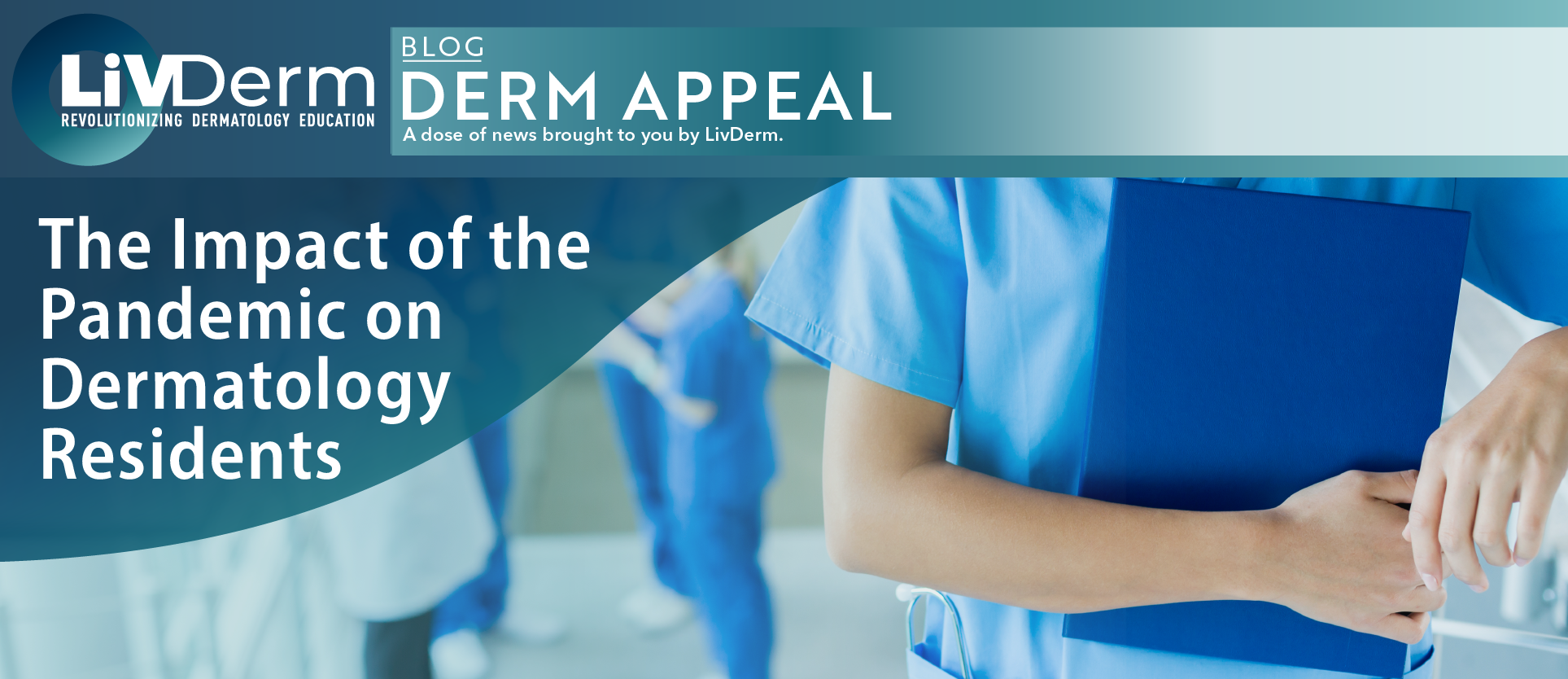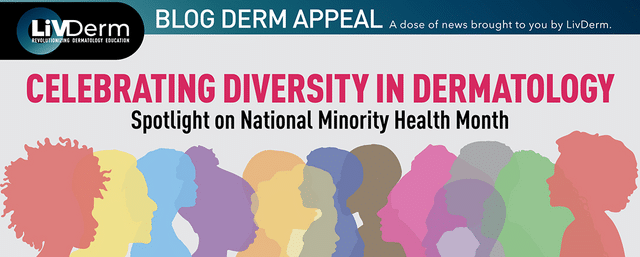The COVID-19 pandemic has drastically altered resident training in the United States with many dermatology residents reporting negative effects of the crisis, according to data presented at the American Society for Dermatologic Surgery annual meeting. As one of the most competitive medical specialties, dermatology attracts hundreds of residency candidates per year – hundreds more than there are postgraduate spots to be filled. Of all dermatology applicants, 13.8% who rank dermatology as their only specialty may go unmatched and the current public health crisis has made this process even more challenging.
Dermatology Residents Respond
A nationwide electronic sample survey set out to examine the early perceived effects of the pandemic on dermatology residents; with the hope of identifying possible areas for targeted improvement to be made prior to the second coronavirus wave occurring this fall and winter season. Researchers distributed an online survey with 25 questions to dermatology program coordinators which were to be disseminated among dermatology residents across the United States. A total of 140 dermatology residents from 50 U.S. residency programs completed the survey.
The results reveal that 85% of respondents reported negative effects of the pandemic on their overall wellness, 92% anticipate COVID-19 will have a long-term economic impact, and 33% expect it to impact their future employment prospects. Surveyed residents also reported an increase in teledermatology appointments of up to 66%; of those, 99% regarded the virtual didactics as beneficial.
Most residents were not comfortable with possible reassignment during the pandemic to a non-dermatology specialty, the survey revealed. Additionally, 22% of respondents believed that their leadership were not transparent and prompt in addressing changes related to the pandemic.
“Dermatology residents were affected negatively by COVID-19 in respect to their well-being, clinical training and education,” the study’s authors concluded. “Several areas of improvement were identified that could improve our preparedness for a second wave.”
Residency During COVID-19
Throughout the COVID-19 pandemic, many residents were and continue to be redeployed to other specialties to serve the growing needs of an overburdened healthcare system.
“One of us (A.E.S.), a psychiatry resident, was deployed to a Covid-19 unit, managing patients on ventilators and prescribing medications with an extra dose of prayer,” wrote two psychiatry residents at SUNY Downstate Medical Center in a StatNews article. “That wasn’t unusual. Residents training for a range of specialties — from pediatrics to dermatology to radiology — suddenly found themselves in overcrowded intensive care units caring for patients with Covid-19.”
The authors, Alexander El Sehamy and Gali Hashmonay, highlight that they did not receive financial compensation for their extra work, adding to the financial struggles of many, if not most, medical residents paying off student loans. Due to their salaries and financial obligations, residents do not have access to private transportation, psychological support services, or other helpful and protective resources. Hazard pay – or increased compensation for frontline workers – afforded to residents is a privilege found primarily in private hospital systems; residents working in public hospitals are often left without financial support.
Supporting Residents
“If one goal of medicine is to prioritize patient safety, we must acknowledge the harm that has befallen health care workers and recognize it as a barrier to optimal patient care,” El Sehamy and Hashmonay write. “Wounded clinicians cannot care adequately for their patients, especially facing an illness as taxing as Covid-19.”
Without adequate support, residents and other healthcare professionals will experience increasingly higher rates of burnout and are in danger of being completely depleted. The notion that healthcare workers are inexhaustible resources needs to be corrected.
“Although clinicians like us are often expected to be infallible — something we strive to achieve — we are human. We need help overcoming trauma just like anyone else, though few resources have been offered to help us heal. As a country, we need to acknowledge the mental health symptoms that Covid-19 is leaving in its wake and find solutions to revitalize Americans — including health care workers — while we still can.”
The pandemic’s interdisciplinary effects on the healthcare system are far-reaching and magnify each other. Entering the medical workforce presents a challenge on its own, yet coupled with the ever-present and surging global health crisis, it can prove near impossible. As current residents reveal the systemic dysfunctions they experience, graduating students due for residency programs face a difficult decision: to join the fight against COVID-19 regardless of their level of preparedness or to wait until the situation calms.
Although reluctant, many dermatology residents may continue to find themselves redeployed to units in need and may spend months of their program caring for COVID-19 patients. In such unprecedented times it is most important to reward residents for their work and offer them much-needed support from program coordinators, healthcare systems, and policy makers.
For those currently tackling the many challenges of undergoing a medical residency during the pandemic, helpful resources and information about changing processes can be found in the latest COVID-19 Residency Guidance.
















